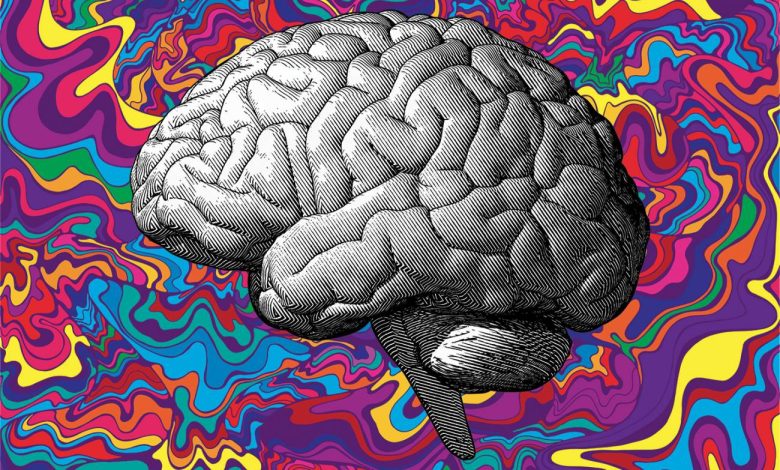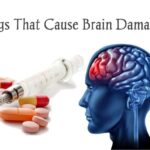Research Suggests Psychedelics Could Help the Brain Recover from Trauma

As children, our brains are receptive to new information, absorbing knowledge from our surroundings and experiences. Similarly, teenagers develop the emotional and intellectual skills necessary for adulthood. However, as we enter adulthood, our minds become more closed off to new information, prioritizing efficiency over adaptability. Unfortunately, this can hinder our ability to learn new skills, recover from trauma, or overcome psychological challenges. Individuals who have experienced abuse, abandonment, or violence may suffer from a lifetime of anguish, resorting to maladaptive behaviors and substance abuse.
Recent research, published in Nature, has revealed a potential breakthrough in the use of psychedelic drugs to “reopen” the brain and aid in trauma recovery. This study represents a resurgence of interest in utilizing and studying psychedelics for treating various mental health conditions.
Scientists at Johns Hopkins University conducted research on the effects of psychedelics during “critical periods” of social learning, which occur when the brain is more receptive to new information but diminishes as we age. Encouraging results in mice suggest that psychedelics can initiate a fresh phase of learning.
If future studies confirm these findings, the therapeutic applications of psychedelics could expand to include other opportunities for brain retraining. This could include aiding in the recovery from conditions such as stroke, traumatic brain injury, hearing loss, and even paralysis.
Lead researcher Gul Dolen, MD, PhD, an associate professor of neuroscience at Johns Hopkins University School of Medicine, expressed optimism about the potential of psychedelics. She believes they could unlock the brain’s potential, providing individuals with significant benefits after just one dose, rather than relying on long-term medication.
Dolen, who began her career in addiction studies, has long been intrigued by critical periods and their influence on adult behavior. She pointed out that three Nobel Prizes have been awarded for research on critical periods. For example, a study on mice identified 15 critical periods of social learning that shape their behaviors throughout life.
Previous research has already shown that MDMA (commonly known as ecstasy) can assist soldiers in processing traumatic experiences, learning from them, and moving forward. This phenomenon shares similarities with critical periods for social learning. Dolen suggests that psychedelics might induce a critical period in the lives of soldiers, individuals struggling with drug addiction or survivors of rape, equipping them with tools to process their traumatic experiences.
In a placebo-controlled experiment, Dolen and her team administered psychedelic drugs to mice and conducted behavioral tests to assess the rodents’ ability to learn from their environment. The results indicated that all of the psychedelics studied opened up critical periods for social learning, albeit for varying durations.





